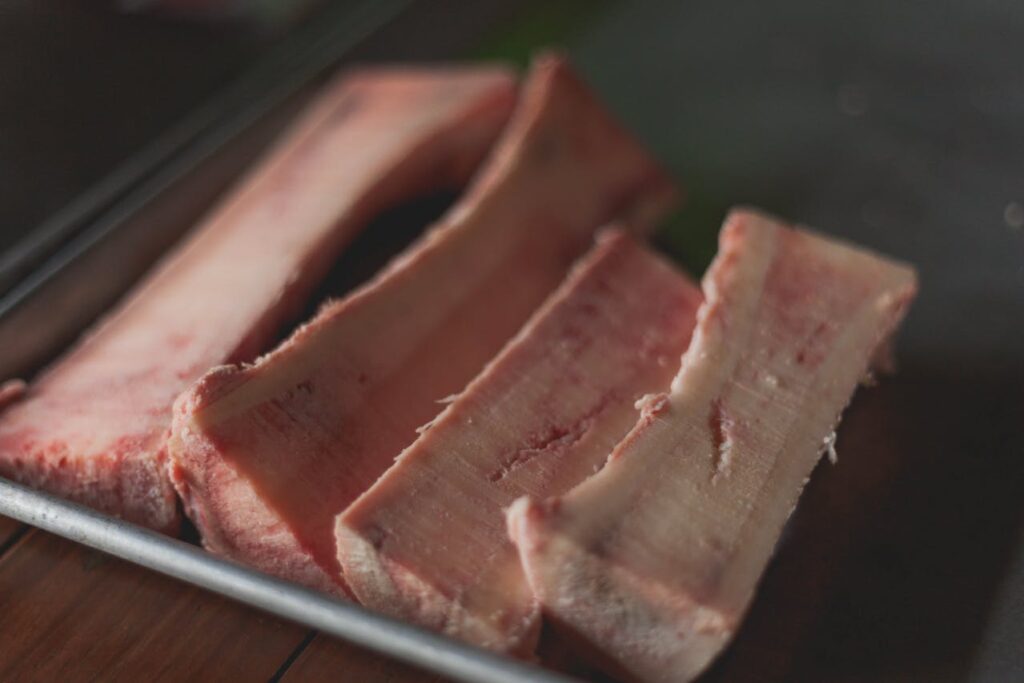As pet owners, we strive to make informed decisions about the health and well-being of our furry friends. One trend that has gained popularity in recent years is a raw food diet for dogs. Proponents argue that a raw food diet is consistent with the diet of a dog's natural ancestors and offers many health benefits. However, the debate about the safety and suitability of raw food continues.
Understanding the raw food diet:
Proponents of raw dog food claim it has a variety of health benefits, including promoting dental health, according to The Kennel Club. Chewing on raw bones helps clean your dog's teeth and prevents tartar buildup and periodontal disease. Raw dog food usually consists of raw meat, bones, organs, and sometimes vegetables and fruits. Proponents of this diet claim that it mimics the diet of wild canids, with potential benefits of improved coat condition, healthier skin, and increased energy levels. is emphasized.
Also read: Can dogs have kidney failure?
Pros of a raw food diet:
- Nutritious diet: Raw meat is rich in essential nutrients such as protein, vitamins, and minerals, which contribute to overall health and vitality.
- Potential benefits in dentistry: Chewing on raw bones may help remove plaque and tartar from your dog's teeth, supporting dental health.
- Shinier coat and healthier skin: Proponents often report that dogs fed raw food diets have shinier coats and healthier skin thanks to the nutrients in raw meat.
- Potential allergy relief: Some believe that eliminating processed ingredients may reduce the chance of allergic reactions and sensitivities in dogs.
Also read: Food Danger: Common Foods Deadly for Dogs Revealed in 2024!
Disadvantages and considerations:
- Nutritional imbalance: Achieving a balanced diet with the right proportions of nutrients can be difficult. Incomplete diets can cause nutritional deficiencies or excesses.
- Bacterial contamination: Raw meat carries the risk of bacterial contamination, including harmful pathogens such as Salmonella and E. coli, which can pose health risks to both dogs and their human caregivers.
- Digestive disorders: Some dogs may experience digestive upsets such as diarrhea and gastrointestinal issues when transitioning to a raw diet.
- Feeding safety: Raw bones come with risks. Provide proper supervision to prevent your dog from dental injuries and gastrointestinal obstruction.
The decision to feed your dog a raw food diet should be a personal decision that carefully considers your dog's individual needs, health, and lifestyle. Balance the touted benefits of raw foods with potential risks such as nutritional imbalances and bacterial contamination. It is essential to consult your veterinarian to create a balanced, individualized diet plan that meets your dog's specific requirements.
Find a balance in the diet that supports your dog's health while addressing the concerns associated with raw food therapy. Choose raw or commercial dog food to ensure your dog gets the nutrients to live a happy and healthy life.
Artificial intelligence helped edit this article.
Click here to read more articles by Dumani Moyo

